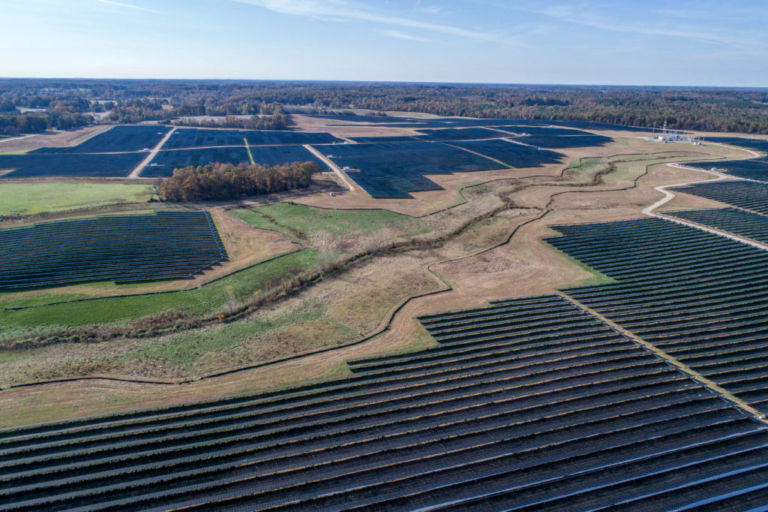You might have to sit down before considering this shocking revelation: The federal farm bill could have negative unintended consequences. The R Street Institute explains.
Since 1985, the U.S. Department of Agriculture has required farmers to file an approved conservation plan if they farm highly erodible land, and to avoid converting wetlands to agricultural use at all, or risk losing federal supports such as commodity support payments, disaster payments, farm loans and conservation program payments.
However, with plans to eliminate the USDA’s direct payments program in favor of expanded crop insurance subsidies, including the creation of new “shallow loss” programs, there is a real risk that the farm bill will encourage converting sensitive land to agriculture, Lehmann said. Conservation compliance requirements have not applied to federal subsidies to purchase crop insurance since 1996. While provisions re-attaching conservation compliance to crop insurance subsidies were included in the version of the farm bill passed by the U.S. Senate, they were left out of the U.S. House’s version of the legislation.
Since 1982, conservation compliance has helped save 295 million tons of soil per year and similarly reduced wetlands draining, thus protecting wildlife habitats for hunters, anglers and wildlife watchers alike to enjoy, Lehmann said. According to the hunting and conservation group Ducks Unlimited, at stake in the conservation compliance debate is between 7 million and 14 million acres of highly erodible lands and between 1.5 million and 3.3 million acres of wetlands across the country that currently aren’t farmed.
“These facts mark conservation compliance as another success story in the world of market-based approaches to environmental policy, and one that sportsmen, sportswomen and free-market groups alike can heartily endorse,” [R Street Institute’s R.J.] Lehmann wrote.
One suspects P.J. O’Rourke would not be surprised to learn that a federal farm bill could create unintended problems.


